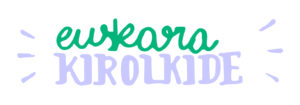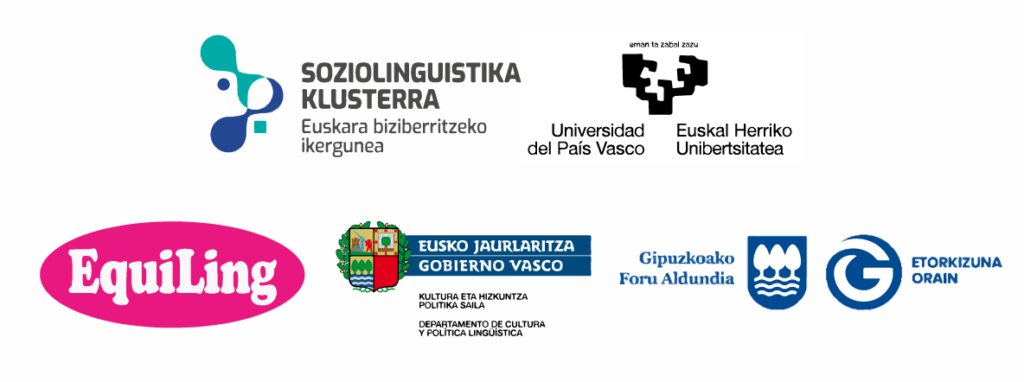As usual, we have left the conclusions to the end, though they are unfinished and are inevitably provisional, because in 2022 Euskara Kirolkide will bring with it new tasks.
We have summed up the result of the process undertaken in 2021 in ten points.
1.- The notion of the safe space opened up the door for us to new research…
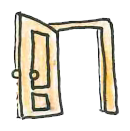
In talking about a safe space we mean the secondary conditions necessary for Basque to be used (Ramallo, 2020): as well as knowledge of the language, this includes other context-related conditions. A safe space creates suitable climates, situations or moments for those immersed in it to experience and try out the language. Group or team spirit, active participation and being a process are some of the factors that characterise a safe space. In a safe space, language can be the key to strengthen group relations, and also to work on creativity and take risks as a speaker. There, language can be seen as a constructive process in which we are all learning. In short, when we describe clubs as safe spaces, three areas are important: the context and structure of the club, the teamwork that goes on in it and, finally, individual participation.
2.- …and the research itself became a safe space.
We made the leap from theory to practice, and attempted to turn the research itself into a safe space. In this, the club management became a partner in the research process. A network of contacts was forged between researchers and participants in the research. Moreover, the research itself was both a place and a moment for members of the club to reflect and share their concerns with the researchers. There was mutual listening, as well as collaboration and an exercise of creativity. Finally, the research was portrayed as a process, was fed step by step, was built up gradually. It was a path and a learning process. And thus, the notion of the safe space, its definition, was both the end and the means.
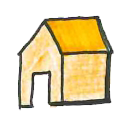
3.- A revelation appears: clubs as small cultures
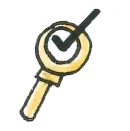
Working with the management at the clubs has enabled us to get to know and experience these organisations at first hand. This experience has led us to show the clubs as small cultures, devoted not only to sport but immersed in society as a whole. Driven by the desire to form a team, clubs have developed a history and an identity, always in tune with their immediate context, inter-related and forging networks. Organisation, management and routine are factors that make clubs into entities, above and beyond feelings or symbolism. Finally, we saw that clubs are also producers of culture, and artefacts of cultural creation. They have a place in society, they are fed by it and they influence it. Consequently, sports clubs can have the main features required to be a safe space.
4.- And Basque forms part of these small cultures.
In these small cultures, Basque appears everywhere. Because it is there even when it is absent. The research considered three dimensions of the language: language ideologies, language practices and language experiences. All three revealed positive and negative aspects in terms of the use of Basque. Basque often appears in discourses when talking about the club’s identity or character. Basque, they say, would be a distinctive trait, but there is the risk of it being limited to this alone. We have detected a desire in the clubs, greater or lesser, to commit to Basque, but putting it into practice is difficult. Language decisions are made on a moment-to-moment basis; as a result, tentativeness and improvisation predominate.

There are very few rules and/or procedures concerning Basque. They do not take considered decisions about handling languages. On the other hand, clubs are aware of the gap that exists between the school/family and the street. Outside these two spheres, Basque is seen as being unprotected, and sports clubs reflect this situation. Sometimes they strive in vain to bridge this gap. But they do not know how to do it. Finally, clubs’ experiences with Basque can be described as mixed. On the one hand, the language holds a privileged place in festivities and celebrations, whether applauding the club’s victories or in events linked to Basque (Korrika, Euskaraldia, etc.), but on the other, tensions and awkwardness are detected when Basque is situated in the sphere of relations: gaps in knowledge among staff and coaches, lack of habit to use it.
5.- Basque is a weak agent today, but one with great potential in clubs
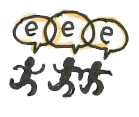
For the above reasons, one of the main conclusions of this study is that Basque has great potential in the world of sport, especially in the sphere of sports clubs. It has great potential because it has a strong presence in the life of clubs and because it is part of a range of sporting dynamics. Because it is part not only of clubs’ history, but also their present; because it awakens concern and interest; because efforts are being made to incorporate Basque in processes to improve clubs. And because the clubs are working with children, adolescents and young adults who are Basque speakers.
However, the current position of Basque in sport and in sports clubs is weak. This is the second major conclusion of the research. Weak, because its presence is often somewhat provisional; because its use often depends on intentions (or the attitude of certain people). Weak, because it is difficult to break out of its symbolic role. And because the role of sport in reviving Basque is not yet seen clearly.
6.- Even in the difficult moments of the pandemic…
The Euskara Kirolkide project took its second step in 2021. Amid the pandemic, we went into sports clubs and they opened their doors to us, despite the difficult times they were going through. We wish to place special emphasis on this. And to thank them. While safe distances and face masks formed part of the research, they did not deter research on the ground. This way of working was essential to find out at first hand about the clubs’ everyday life. And we felt it was indispensable to find out about this, in order to be able to propose ideas to boost the presence of Basque in clubs.

7.- … the focus on relations…
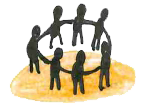
Bearing in mind the results of the D ereduko kirola project carried out previously, and the theoretical framework laid down in 2020, a new phase was initiated in 2021this year ushered in the beginning of a new phase of fieldwork. In this case, our aim was to contact various sports clubs with the objective of experiencing and understanding what a club is and what it consists of. We considered it essential to immerse ourselves in this situation, because we believed that this was the way to generate knowledge. We placed the focus on relations: with the club management, with the club premises, with its routines and with the place and ways of life that gave the club its context.
8.- … completing a sensory ethnography…
With the aim of collecting, showing and sharing all that we saw, heard, smelt, touched, felt and experienced in this clubs, we set out to find the most suitable format. This website was designed and created on the basis of sensory ethnography, in order to make the results of the research available in the most direct, approachable way possible. For anyone wishing to see, hear and experience each of these clubs.
9,. …to advance in sociolinguistics research.
We believe that Basque sociolinguistics are currently taking a very interesting turn. This is a matter of placing the focus on actual speakers, taking into account their diversity and complexity and confronting research and life, constructing knowledge in a shared way. The researcher becomes a travelling companion with a single goal: to immerse him or herself in affective feelings. On the one hand, for the knowledge generated to be able to influence reality and people; for knowledge to be a driving force. And on the other, to influence the researcher her or himself: once the research is complete, they can no longer be the same person. Questions must arise leading to a new start. If not, the job could be considered finished.
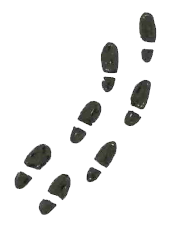
10.- New questions in play
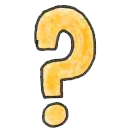
If, from the point of view of children, adolescents and young adults, school and the family are currently the two fundamental pillars of Basque, what place is sport to hold? And along the way, what policies, plans or tools can be devised based on the realities, personality and needs of clubs?
We now have new questions and challenges to go on making progress.
